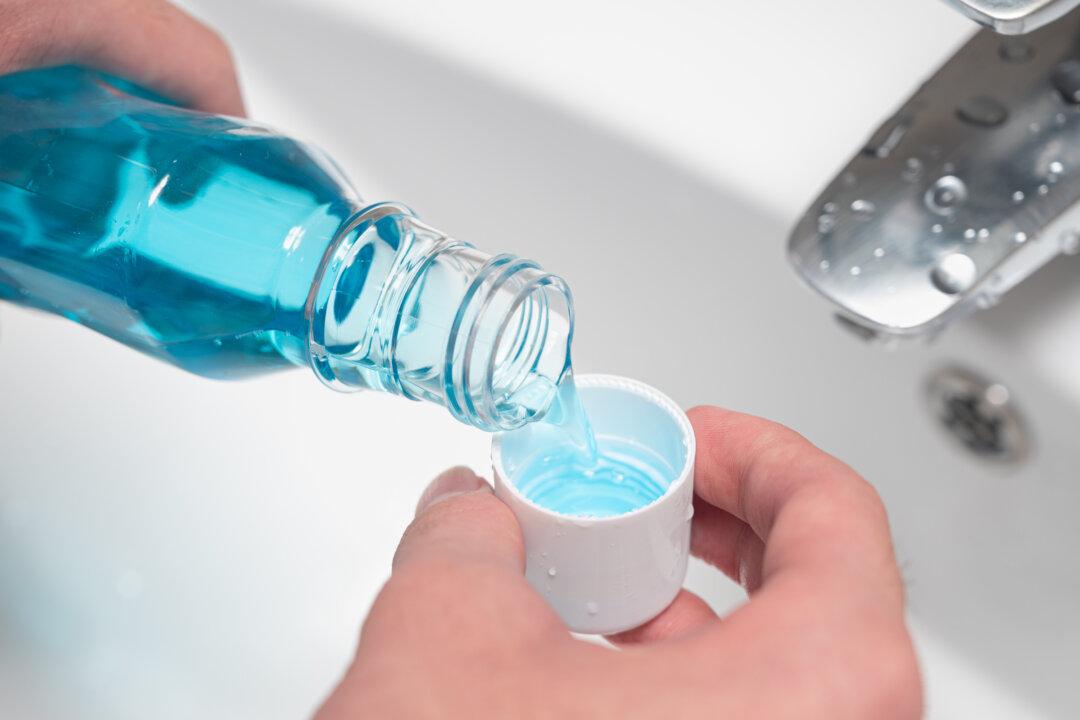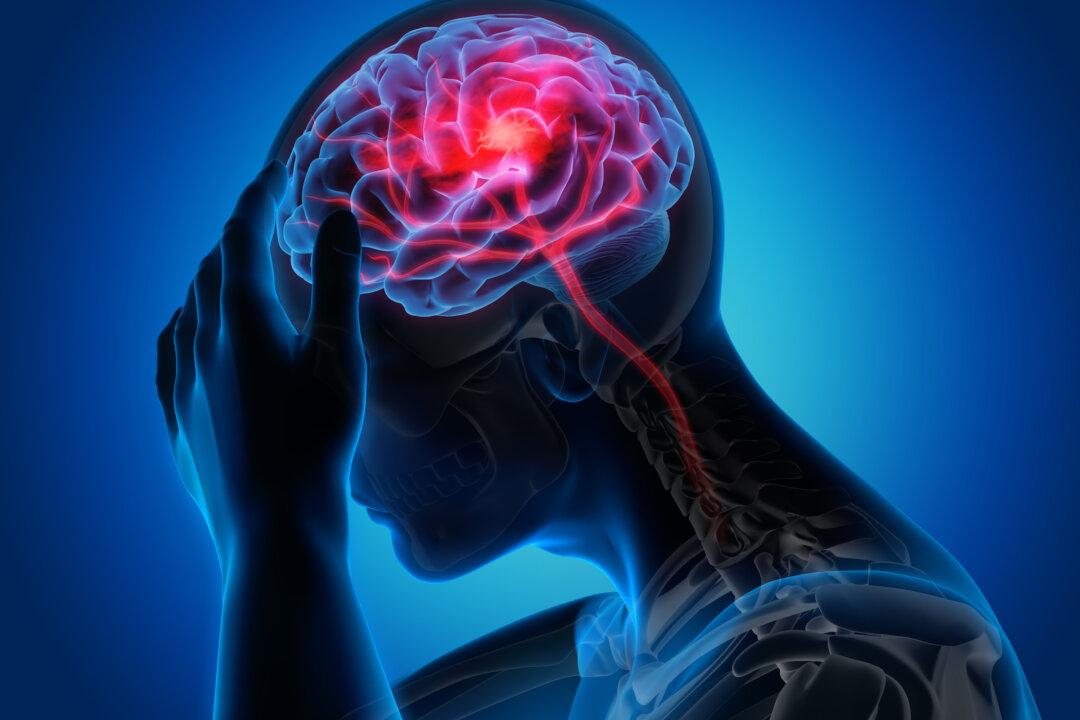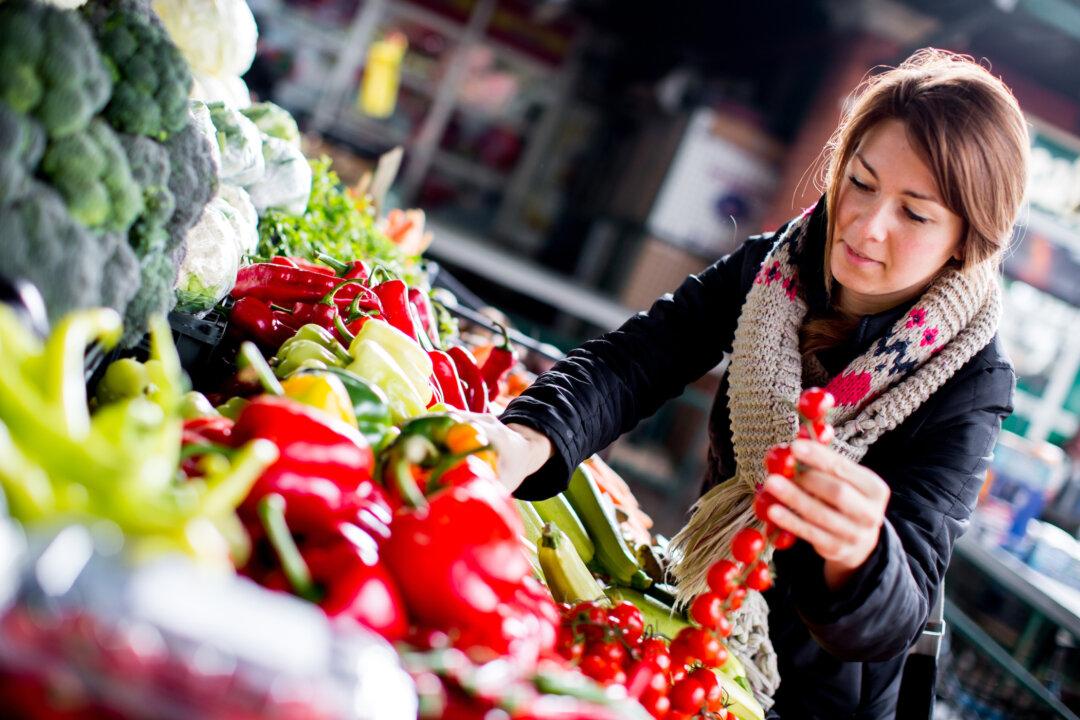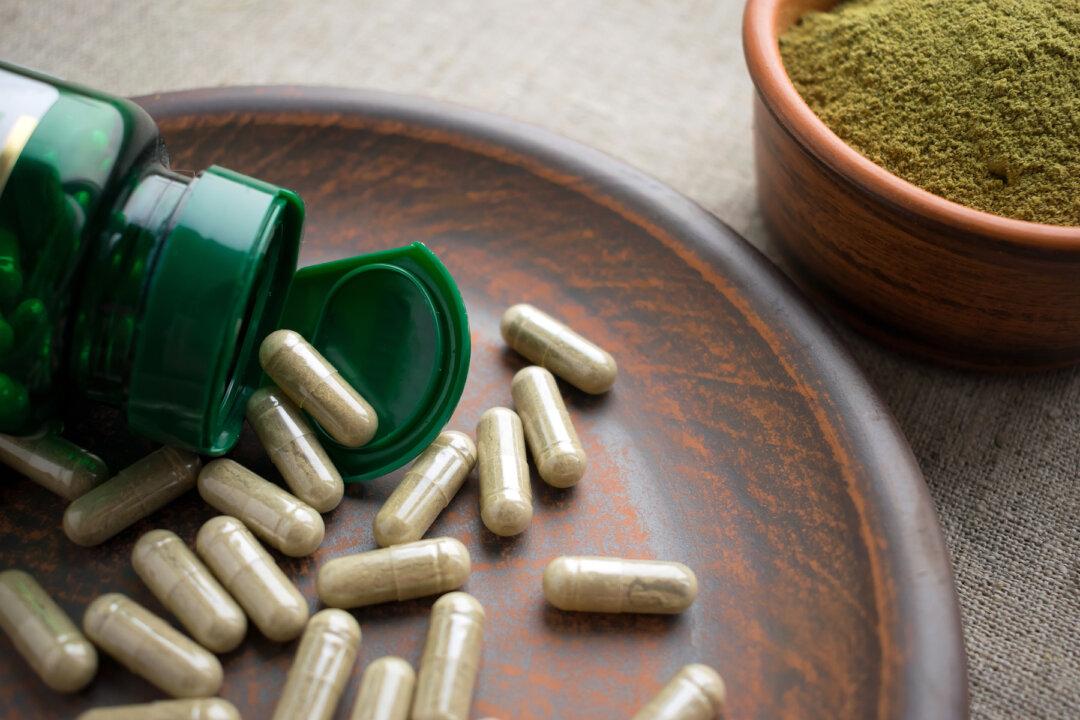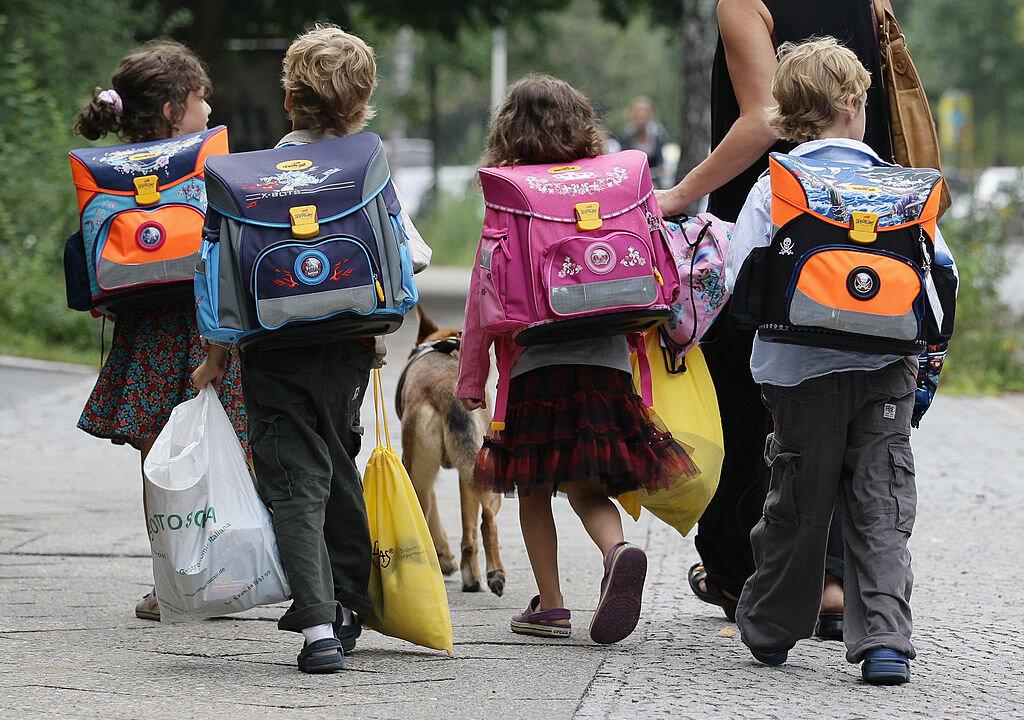Two types of mouthwash disrupt SARS-CoV-2, the virus that causes COVID-19, preventing it from replicating in a human cell, a new study suggests.
The study in the journal Pathogens finds that, in a laboratory setting, Listerine and the prescription mouthwash Chlorhexidine disrupted the virus within seconds after researchers diluted it to concentrations that would mimic actual use.

